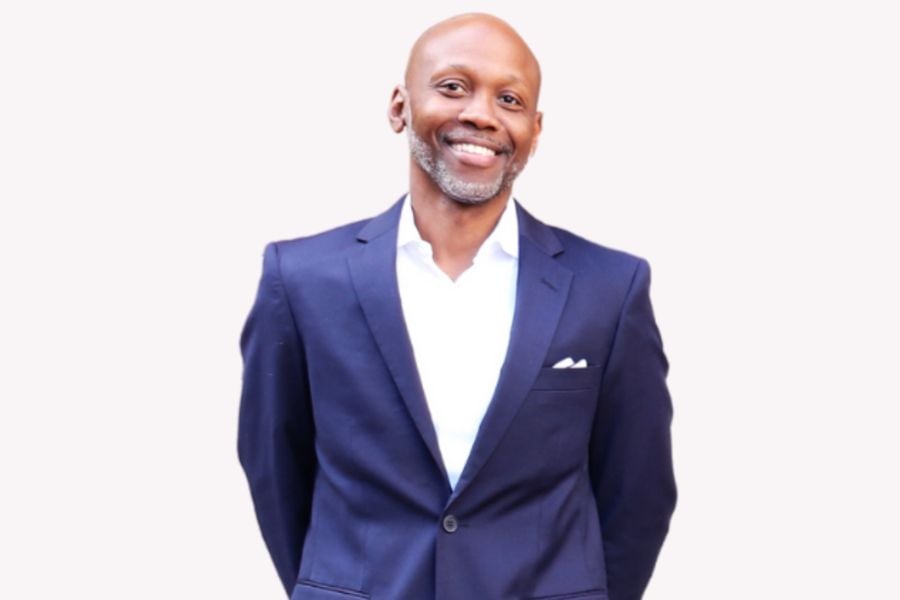

Picture this: a comprehensive investment portfolio that guarantees safety, liquidity, and a high rate of return without the rollercoaster ride of traditional stock market volatility.
It’s all a reality for Dominique Henderson, the founder of DJH Capital. Speaking to Investment News, he breaks down that elusive ‘wish list’ of an ideal investment - tax advantages, professional money management, control, easy access, low to no fees, a source of income, and immunity to market fluctuations.
Expanding on the versatility of this financial instrument, Henderson highlights its potential as a family bank. The ability to secure loans for real estate, fund college expenses, or even purchase a daughter's car makes it an almost infinitely useful tool for various financial needs.
"I can come into a legal agreement with a life insurance company that's been around for 140 years to give me access to a pool of capital without going through underwriting or commercial banks,” says Henderson. “I have control, and I don't even have to be the person the policy is written on.”
Corporate Transparency Act: What you need to know
Shifting gears to compliance, Henderson sheds light on the Corporate Transparency Act, predicting its initial oversight by many financial advisors due to its perceived simplicity. While acknowledging its straightforward nature, he warns against it falling off the radar, given its potential implications. Compliance involves filing a Beneficial Owner Information (BOI) report, a process Henderson describes as simple but crucial in the Financial Crimes Enforcement Network's pursuit of curbing fraudulent activities in the financial space.
“I first thought when I was reading the list that as an investment advisor, I don't have to file a BOI,” Henderson says. “But the only exempt investment advisors are SEC registered. So, if you’re registered at the state securities level, you must file and comply with this.”
Dealing with imposter syndrome
But in the multifaceted world of financial advisory, this isn’t the only issue Henderson notices that advisors face. He tells Investment News that there’s two overarching challenges for most financial advisors: impostor syndrome and client acquisition. However, with a pragmatic perspective, Henderson recommends that advisors face impostor syndrome head-on, asserting that confidence follows the courage to take the initial steps.
“I don’t advise being a jack-of-all-trades,” says Henderson. “I think it's a longer path - the scenic route. Confidence comes after you have the courage to go out there and make that first step in anything you endeavor to do," he says, "Your knowledge about the solution is not as important as your knowledge about the problem.”
Not only is this common amongst financial advisors, a recent study from NerdWallet found that 78% of business leaders have experienced imposter syndrome at one point in their careers – while 21% say they have broached the topic with their peers, a worrying four percent haven’t talked about it to anyone.
Dealing with imposter syndrome was just one of the leading factors that inspired Henderson’s book – ‘Assess, Address, and Adjust: A Practical Guide to Becoming Unstuck and Achieving Your Goals’ – a book so successful that he’s now considering publishing a second edition.
Perspective, power, process
“There’s this idea of your perspective, your program and your process - is something I highlight in the book – and they’re in your power framework. If you get those three aspects dialed in, how you view the world has to be in context, you can't have this distorted reality about how things function.
“We all have shaping experiences that are different, but they inform our mindset. And that mindset informs deliberate practice: how we act, how we behave, and what we do translating into the results we get. If you want to change your results, you need to change the way you think about things.”
It’s by following this mindset that Henderson helped clients not only build their wealth during the pandemic, but helped them achieve more meaningful and fulfilling work.
“I was having a lot of conversations with clients, from my wealth management business as well as in my consulting business [and they] just felt stuck,” he tells Investment News. “They just felt like there was a ceiling where they were at -and not just the proverbial ceiling, it cut a little deeper. It was feeling unfulfilled in the work that they were doing.
‘The pandemic brought that full focus for me. They were essentially saying: “why am I going to a job that I don't even really enjoy?” And so after having so many of those conversations, what dawned on me was I’d experienced some success in life, like I’ve kind of worked through some of these things, why don't I share them? And so that's where the book came in. It was a labor of love. I ended up trying to make it…where you can read it in one sitting… to kickstart your journey into becoming unstuck.”

Relationships are key to our business but advisors are often slow to engage in specific activities designed to foster them.

Whichever path you go down, act now while you're still in control.

Pro-bitcoin professionals, however, say the cryptocurrency has ushered in change.

“LPL has evolved significantly over the last decade and still wants to scale up,” says one industry executive.

Survey findings from the Nationwide Retirement Institute offers pearls of planning wisdom from 60- to 65-year-olds, as well as insights into concerns.
Streamline your outreach with Aidentified's AI-driven solutions
This season’s market volatility: Positioning for rate relief, income growth and the AI rebound
